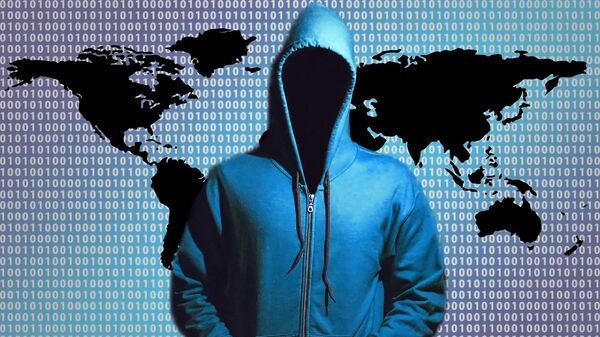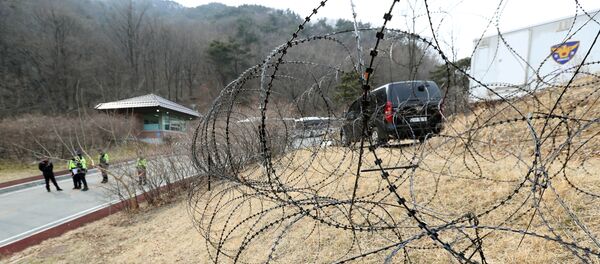"Recently, attempts to breach cyber networks have somewhat increased," a South Korean Ministry of National Defense spokesman said Tuesday.
From March 9 to March 15, hackers strived to gain access to the defense ministry databases on 44 occasions, another South Korean military official noted. This comprised a significant uptick from the prior week, when 25 hack attempts were recorded, Yonhap, a South Korean news service, reported. Just one attempt occurred between February 16 and February 22, Yonhap noted.
North Korea is rumored to have a battalion of 6,800 hackers who allegedly generate $860 million worth of "dirty money" per year, according to a Japan Times op-ed published March 16.
The spokesman did not indicate from where the attacks originated, possibly because proving that could be exceedingly difficult. Controversy has brewed for months, for instance, over who hacked the Democratic National Committee. While intelligence agencies have unsurprisingly pinned the blame on Russia, retired intelligence, diplomatic and military officers have said the evidence so far presented is less than persuasive.
Bill Binney, a 35-year NSA veteran, concluded that the release of emails from Democratic presidential candidate Hillary Clinton and her adviser John Podesta was not a result of an external hack, but instead stemmed from an insider leak.
In response to the cyberthreats, the South Korean government has ticked its "cyber terror alert" level up while deploying an "information-related defense alert system."
The increase in hack attempts happens to coincide with the arrival of the Terminal High Altitude Area Defense, also known as THAAD, in South Korea. THAAD spurred Beijing to slap sanctions on South Korea to express its displeasure with the move. Following the disputed installment of a cutting-edge missile system in South Korea, a Global Times op-ed said that the Chinese government ought to show Washington “that the THAAD deployment will lead to China’s increasing nuclear prowess.”
Silicon Valley giant Google does not expect the hacking trend to tone down any time soon.
"As hackers get more aggressive and more sites become outdated, hackers will continue to capitalize by infecting more sites," Google wrote in a blog post on Monday. The number of hacked web domains jumped 32 percent in 2016, according to Google. "Remember a chain is only as strong as its weakest link."




